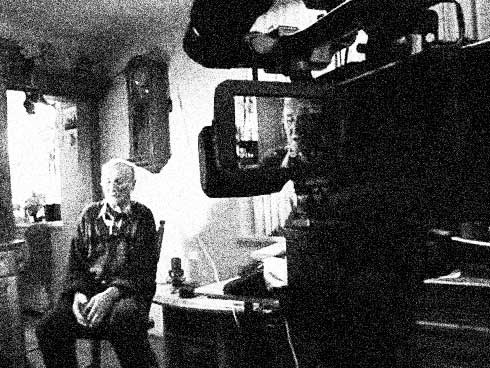The resistance movement in France
General de Gaulle´s speech from June 18th, 1940 is the first public manifestation of French resistance. He is very isolated, in exile in London, but with his few companions he founds «la France libre», free France. On French national territory the resistance movement consists of local, often individual initiatives, without any real coordination. It basically manifests itself in civil disobedience. Therefore the initial resistance movement is diffuse and hard to quantify. Soon afterwards the first networks start to form: Combat, with Christian-democratic tendencies and Libération with socialist tendencies. After the rupture between Stalin and Hitler, the Communist Party joins the resistance movement in 1941 and the «Front National», the National Front is created. Under Communist influence its methods become more like those of a guerilla movement.
In 1943 Jean Moulin is sent to France by de Gaulle. He succeeds in unifying the resistance movement inside the country. This unity is both political, as it recognizes de Gaulle´s authority, and military, with the creation of l'Armée Secrète (the secret Army) and then the Forces Françaises de l'Intérieur (French Forces inside the country).
The Résistance becomes a serious threat to the Vichy government and the latter intensifies its repression. The Resistance Movement plays an important role in the liberation of Paris which begins in 1944 and is accomplished in August 1944. Even though the part of the population that actively fought in the resistance movement was relatively small, we should not underestimate the importance of the support that the Résistance got from a big majority of the French population. The apparent unity of the Résistance can barely hide the important disagreements existing inside the movement, especially between de Gaulles followers and the Communists.
Still united under the programme of the «Conseil National de la Résistance» (National Resistance Council), political groups rapidly began to separate and due to the necessity of recreating a strong nation-state many resistance fighters felt excluded and marginalized.


